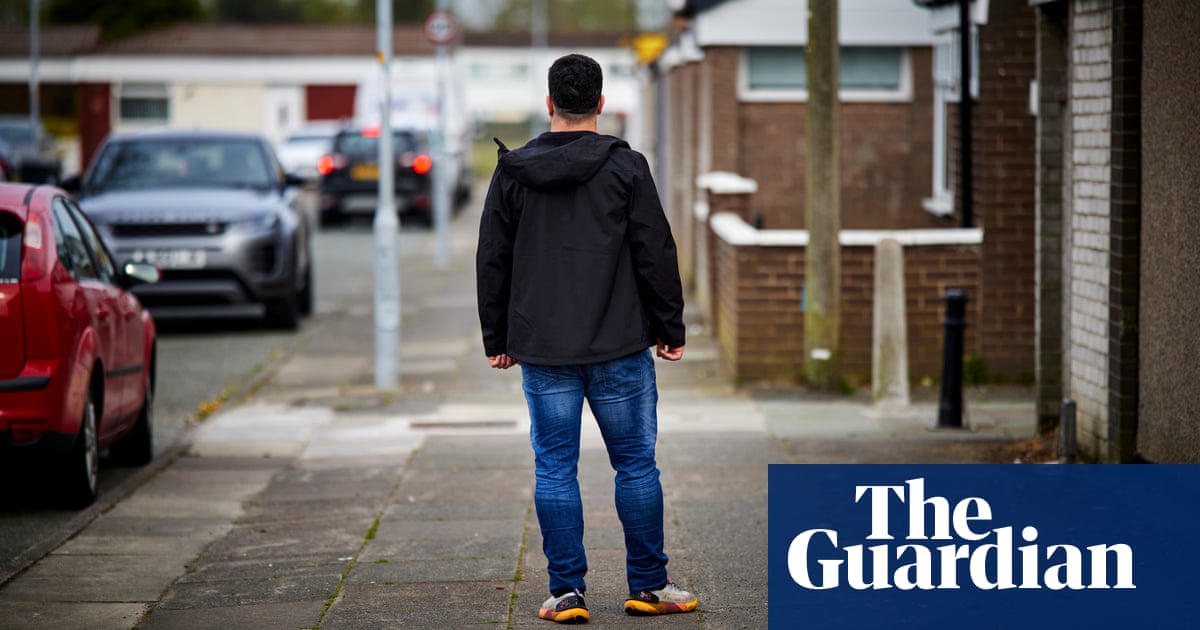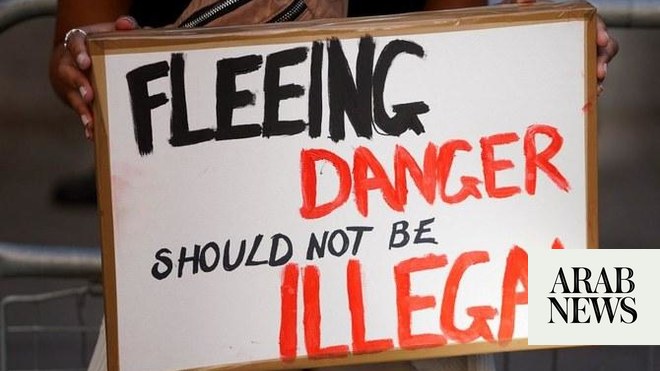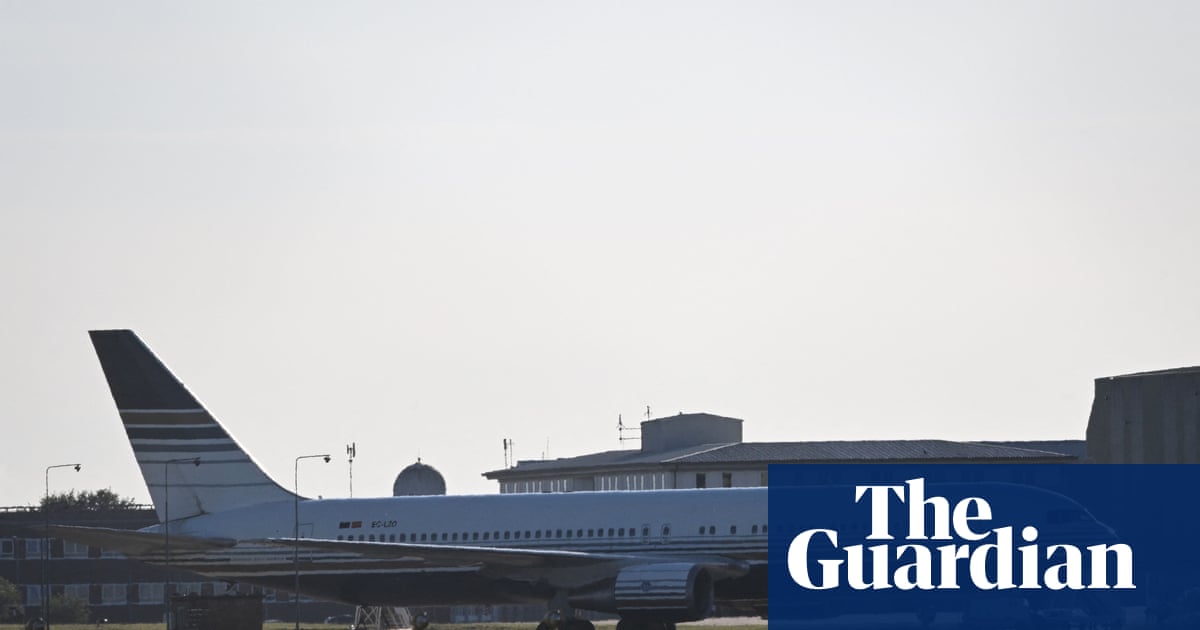
Former residents of a hostel in Rwanda who were forced to leave under a controversial deal to house asylum seekers flown from the UK say they have been left homeless and destitute while the property remains unused.
The men, all of whom are survivors of the Rwandan genocide, had lived in Hope Hostel in Kigali for up to eight years. But they were told to vacate two days after Priti Patel, the British home secretary, signed a £120m agreement to send refugees arriving in the UK by small boats to the east African country.
Some former residents of the hotel were still students who say they lost their families in the genocide and have nowhere to go. The UK government has so far failed to send a single asylum seeker to Rwanda.
One former resident of eight years said: “We don’t know what to do. In public, government officials say they are going to help us but no extra help has come. We are very worried but we are suffering.
“It pains me to see that [the hostel] is still empty when we are homeless, on the street.”
He told the Guardian the government gave him money, which lasted a month after he was asked to leave the hotel, but has not received any additional funds for the last three months. He says he has limited work and has since slept at friends’ homes.
“I was one year old when the genocide happened and all our relatives died. I came to this hostel as a gesture of kindness to give me some hope. Now, I have nowhere to go,” he said.
A second former resident said he had since dropped out of education because he had no money for rent or food.
“We face a lot of challenges that include hunger and lack of accommodation. Many families became fragile after the Covid-19 pandemic, so it’s hard to ask friends to accommodate any of us. The government says we are already grown-up people and we should find solutions but how can you find solutions when you don’t have a job?” he asked.
“If this issue is solved, we can thank God. We need help but we are also risking our survival by telling the truth.”
The residents asked not to be named for fear of reprisals. The Rwandan government has been criticised by Amnesty International for suppressing freedom of expression.
Hope Hostel, in Kigali’s Kagugu neighbourhood, was built by Rwandan donors to accommodate up to 190 survivors of the 1994 genocide when hundreds of thousands of people, mostly from the Tutsi minority, were murdered during three months of mass killings.
Formerly known as the Association of Student Survivors of Genocide (AERG) hostel, residents said there were about 40 people, mostly men, living there when Patel signed the deal.
Boris Johnson promised that tens of thousands of asylum seekers who have crossed the Channel and arrived in the UK by irregular means would be sent to Rwanda, but so far, none have been sent following legal challenges. The first judicial review of the policy, brought by asylum seekers, two charities and a union representing Border Force staff, will begin in September.
Patel toured the hostel in April but survivors of genocide who lived there were dispatched on a day trip to prevent them disrupting her visit.
Her visit was carefully managed by both the Rwandan authorities and the Home Office to present the plan in the best possible light.
The deal between Rwanda and UK, which was signed in April, has been widely condemned as inhuman, illegal, unworkable and prohibitively expensive.
The UK government said it had paid an initial £120m to the Rwandan government for implementing the plan, but will have to pay additional costs for housing, food and travel.
Yolande Makolo, a Rwandan government spokesperson, said the level of occupancy at the hostel had been dropping before the deal with the UK government was signed and that government funds continued to be offered to genocide survivors including those who lived at Hope Hostel.
“Former residents of Hope Hostel who are not yet self-sufficient continue to be supported with rent and living allowances, as well as capital to start small businesses, both by the association, as well as through the Fund for Genocide Survivors.”
Audace Mudahemuka, the president of AERG, said the hostel’s use by genocide victims was already in the process of being wound down before the government leased it for the UK deal.
“Only a small fraction of the beds in the hostel were being used, and the facility was expensive to maintain. We were delighted when the government offered to rent the property as the funds we receive from this contract allows us to provide support to thousands of genocide survivors,” he said.
The Home Office was approached for a comment.












